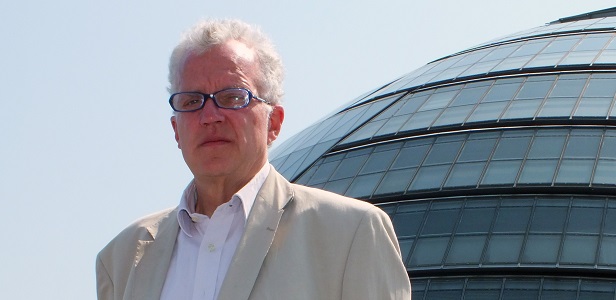The replacement of the highly competent Douglas Alexander with Ruth Kelly who seems to have feet of clay and has bungled most of her big jobs so far, is deeply disappointing. It suggests that Brown does not rate the issue as very important, given that Alexander, who had done a solid job and dared to raise a few hackles through pushing a form of bus reregulation, is a Brown protégé.
Kelly will have little time to digest a very difficult brief before the publication of the series of vital documents on the railways expected to be issued on July 17th. She will certainly have no opportunity to make any changes. While she is extremely bright, she is one of those dull ‘on message’ ministers who is unable to communicate with the public, and according to my inside sources in the Education Department, was totally out of her depth in that job. Let us hope, at least, that the highly competent Tom Harris keeps his post or, even better, is promoted to minister of state instead of that boy racer Stephen Ladyman.
Ms Kelly’s appointment comes on the day the annual road deaths report has been issued by the government. It shows a very slight reduction in fatalities, from 3,201 to 3,172, not really statistically significant. Now in a rational world, the announcement of 3,000 deaths, a disaster of 9/11 proportions, would be top of the agenda for Kelly.
But it won’t. Indeed, tomorrow’s papers will barely have any news on the figures at all apart, possibly, from recording the fact that the government is on course to meet its 2010 targets on casualty reduction.
This is a terrible recipe for complacency and merely demonstrates that the casualty rate is far too low. There are still numerous measures that could be taken to reduce road deaths, notably the introduction of more speed cameras, more visible traffic policing, universal 20 mph zones in residential areas of towns and cities, and harsher punishments for those who cause death on the roads. Moreover, those who kill cyclists or pedestrians should be assumed to be at fault unless they can show otherwise. That would undoubtedly reduce speed.
Yet, the government’s approach has always been to tread carefully on the so called rights of motorists before imposing any measures that might reduce casualties. Painting speed cameras yellow is the most ludicrous demonstration of this.
This is a long standing issue. A member of RoadPeace, the road safety charity, recently gave me a copy of ‘Murder most foul’, a pamphlet published in the 1940s which raises a lot of issues that are pertinent today, such as the priority given to road transport over pedestrians in towns – even before the days of those ghastly pedestrian barriers – the blithe acceptance of this huge death toll (4,000 at the time) and the arguments by the motoring lobby that ‘speed is not dangerous’. It is will worth a read.
